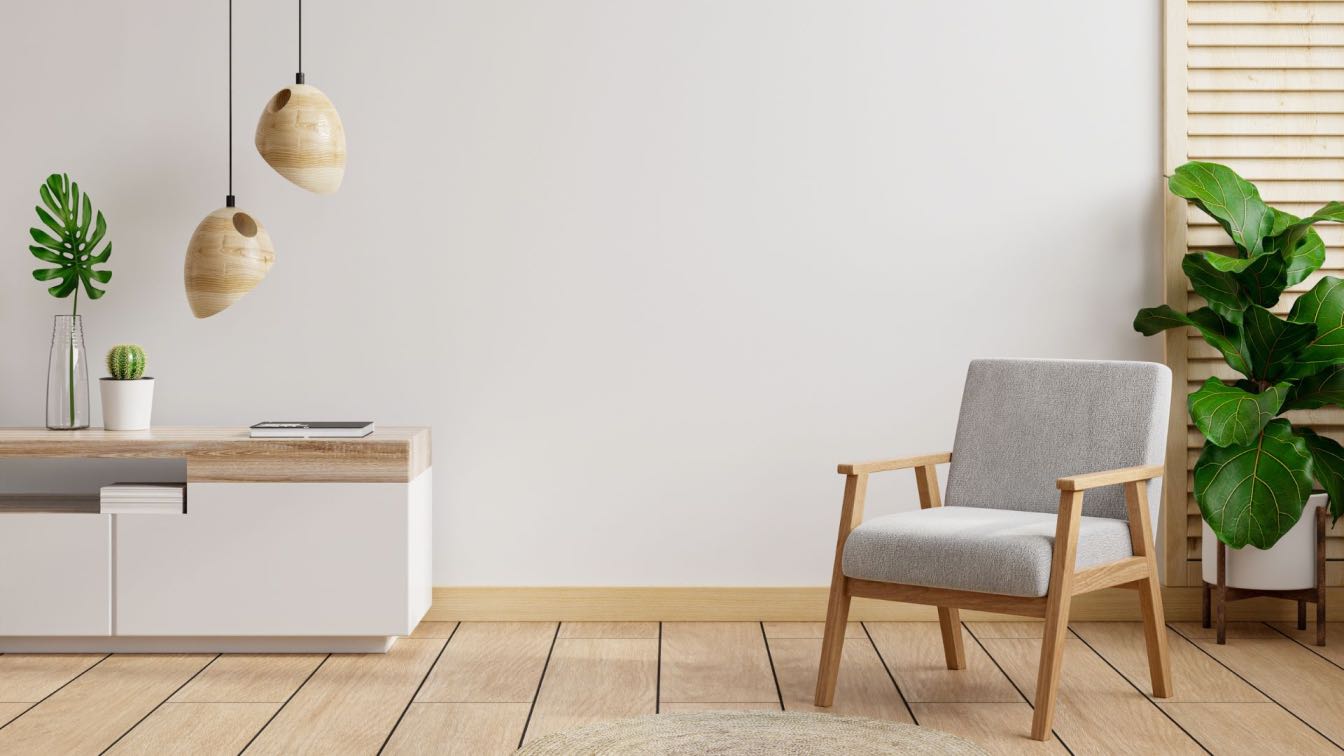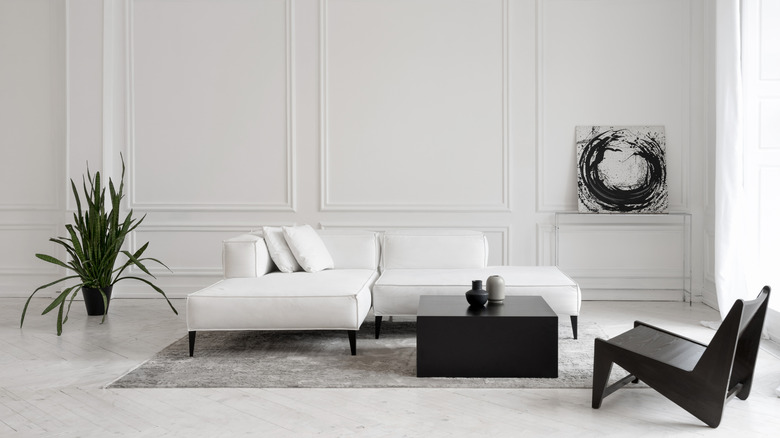Comprehending Minimalism: Methods for Minimizing Mess and Enhancing Clarity in Everyday Living
Minimalism is progressively acknowledged as a feasible technique to boosting quality and emphasis in today's cluttered world. By systematically reviewing our possessions and prioritizing intentionality, we can create rooms that not just reflect our worths yet also promote mental wellness. Using strategies such as the "Four-Box" strategy can assist in a much more organized environment, yet real challenge exists in growing a minimalist state of mind that maintains these initiatives. Exploring the subtleties of this ideology may expose unusual insights into just how you can transform your day-to-day live. What might you discover when you embrace this deliberate simpleness?
Specifying Minimalism and Its Benefits
Defining minimalism includes understanding it as a lifestyle choice that stresses simplicity and intentionality in both day-to-day routines and physical properties. At its core, minimalism motivates individuals to prioritize what genuinely matters, enabling for a much more purposeful and focused presence. By removing away the non-essential, minimalism welcomes people to engage deeply with their surroundings and experiences.
The benefits of taking on a minimalist strategy are diverse. It fosters mental clarity, as decreasing mess in one's setting can lead to lowered disturbances and tension. Individuals usually report boosted concentration and improved efficiency when bordered by less belongings. Minimalism promotes financial liberty; by prioritizing requirements over desires, individuals can make even more informed investing in choices, leading to potential cost savings and reduced financial obligation. A minimalist way of life can produce emotional advantages, as it encourages individuals to cultivate thankfulness for what they have instead than yearning for extra.
Ultimately, minimalism is not merely regarding worldly reduction yet entails an alternative shift in perspective, fostering a life characterized by equilibrium, function, and fulfillment. Welcoming this lifestyle can bring about extensive changes in how individuals communicate and regard with the world around them.
Examining Your Existing Mess
Mess usually materializes as an overwhelming buildup of items that no longer serve a function, creating an obstacle to achieving a minimal way of life. To successfully examine your existing mess, it is vital to adopt an organized approach. Begin by identifying the areas in your living room that really feel disorderly or overwhelming. Remember of details groups of items, such as apparel, books, or kitchenware, as this will assist you comprehend the range of the mess.

In addition, consider the regularity of use for each item. Inevitably, understanding your existing mess is an essential step toward welcoming minimalism and boosting clearness in your everyday living.

Practical Decluttering Strategies
Having actually evaluated your existing clutter, the following action is to apply useful decluttering strategies that assist in a more organized living area. Minimalism. One efficient technique is the "Four-Box" technique, where you designate four boxes labeled: maintain, give away, trash, and relocate. This method motivates quick decision-making and ensures items are categorized suitably
An additional method is the "One in, One out" rule, which stipulates that for each new thing acquired, an existing product needs to be removed. This concept helps maintain balance and prevents buildup over time. In addition, consider the "30-Day Minimalism Video Game," where you get rid of one item on the very first day, 2 on the 2nd, and so forth, cumulatively promoting a feeling of achievement.
For those who battle with emotional add-ons to ownerships, the "Sentimental Worth" method can be useful content beneficial. Limitation on your own to a certain variety of cherished things, allowing you to appreciate their relevance without overwhelming your area. Finally, develop a routine decluttering timetable, whether regular monthly or seasonally, to keep a clutter-free setting. By utilizing these strategies, you can create an extra tranquil and efficient living area, inevitably enhancing quality in your everyday life.
Producing Intentional Areas
Developing willful areas involves a thoughtful technique to exactly how we design and arrange our atmospheres, guaranteeing each location offers a particular purpose and reflects our values. This technique is vital in cultivating a sense of clearness and function in our day-to-days live. By critically examining the function of each space, we can remove disturbances and boost our general well-being.
To develop intentional rooms, begin by recognizing the main activities that will occur in each location. A home workplace must be designed to cultivate performance, incorporating components such as adequate lighting, comfy furnishings, and marginal diversions. In contrast, a leisure location should promote tranquility, featuring relaxing colors and comfortable seating.
Additionally, think about the psychological influence of your environments (Minimalism). Integrating individual items that reverberate with your values, such as artwork or plants, can improve the link to your room. Consistently evaluate these settings to ensure they continue to serve their intended purpose as your demands progress
Inevitably, producing willful areas has to do with making mindful choices that align with your way of life, promoting harmony and effectiveness in your living and functioning settings.
Preserving a Minimalist Mindset
Accepting a minimalist way of thinking requires recurring reflection and intentionality in our thoughts and activities. This method entails cultivating understanding of our worths and concerns, enabling us to filter distractions and concentrate on what absolutely matters. To keep this state of mind, normal self-assessment is vital. Establish aside time to evaluate your commitments, belongings, and also digital material, ensuring they straighten with your core concepts.
This shift in viewpoint encourages admiration for simpleness, boosting general well-being. Integrating mindfulness methods, such as reflection or journaling, can better strengthen a minimal state of mind by promoting quality and reducing psychological clutter.
In addition, develop limits to protect your time and energy. Discover to say no to non-essential commitments and diversions that do not add to your individual growth. Border on your own with similar people that support your minimal journey, as shared worths can boost inspiration and liability.
Final Thought
In conclusion, welcoming minimalism offers significant advantages, consisting of decreased mess and improved clearness in daily life. The concepts of minimalism serve as important tools for cultivating an environment that sustains personal growth and health.

Additionally, take into consideration the "30-Day Minimalism Video Game," where you eliminate one thing on the first day, 2 on the 2nd, and so forth, cumulatively cultivating a sense of success.
In final thought, accepting minimalism uses considerable my link advantages, including minimized mess and enhanced clearness in everyday life.